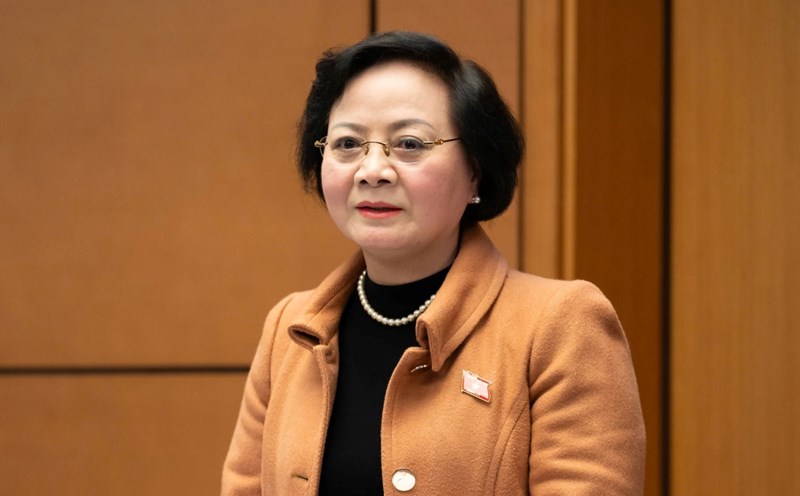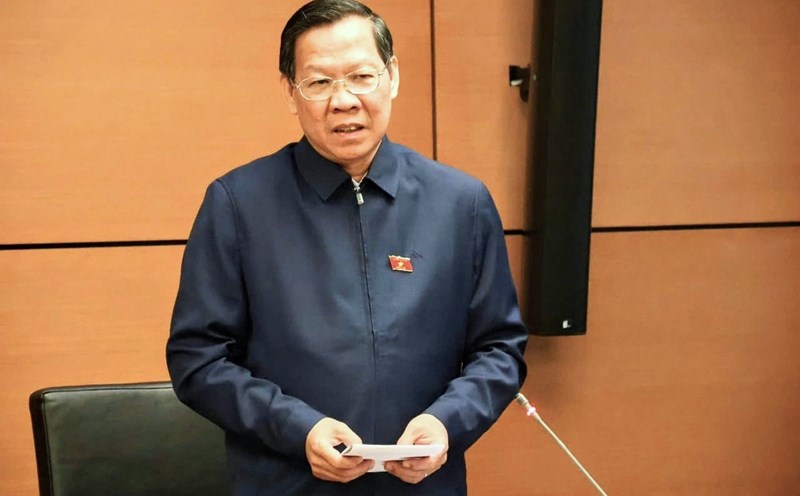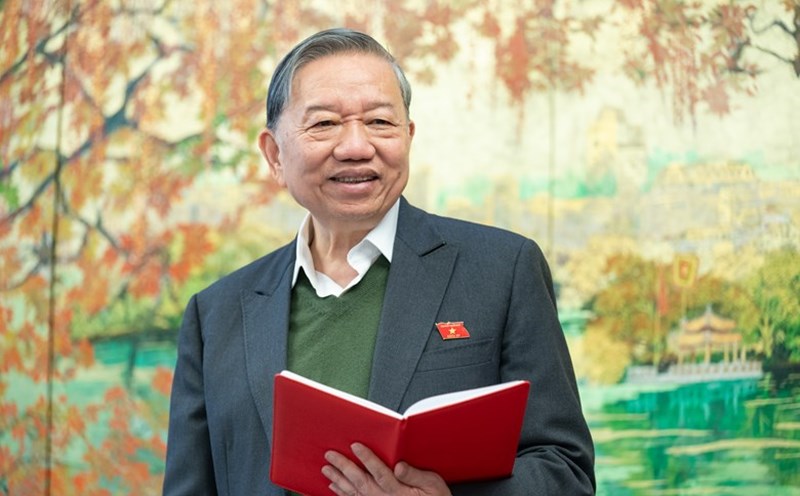Ho Chi Minh City National University is a central unit located in the city. The capacity of science and technology lies here. Ho Chi Minh City wants to invest in 10 research centers for the National University, each center worth 100 billion VND; support the training of each professor with 100,000 USD/year. Does the People's Council have the right to decide?".
Chairman of the Ho Chi Minh City People's Committee Phan Van Mai raised the above issue when giving comments on the draft Law on Organization of Local Government at the National Assembly on February 13.
And Mr. Phan Van Mai said that, to implement the viewpoint of "locality decides, locality does, locality takes responsibility", it is necessary to increase authority, increase responsibility for People's Councils, People's Committees, and Chairmen of People's Committees.
The above viewpoint is not actually new, and has been mentioned in many documents and resolutions of the Central Committee.
However, in reality, it has only stopped at the level of "legalizing the tasks assigned above".
There are many reasons, but basically because some ministries and branches avoid decentralization and delegation of power for local interests as Deputy Minister of Home Affairs Truong Hai Long once said. Or many local leaders refused because they were afraid they could not hold on.
Therefore, the Draft Law on Government Organization and the Law on Organization of Local Government (amended) 2025 being discussed and commented on by the National Assembly is an opportunity to specify and clearly stipulate the principles of decentralization and delegation of power in the law.
However, the strong "opening of the door" to decentralization also raises an important issue: how to ensure strict supervision, avoiding the situation where localities make decisions that are not in accordance with national policies or fall into "backbone, overlap" - as Mr. Tran Van Khai - Standing Member of the National Assembly's Committee for Science, Technology and Environment said.
To solve this problem, the Draft Law on Organization of Local Government (amended) 2025 needs to add clear provisions on supervision, evaluation and accountability.
It is necessary to effectively establish independent inspection and supervision mechanisms or enhance the effectiveness of elected election, inspection, auditing agencies... At the same time, it is necessary to publicize and make transparent the operations of authorities at all levels, especially in budget management and public investment.
Otherwise, decentralization will turn into a fragrance, creating uneven development between localities, making it difficult to control administratively.
Avoid the situation where if the authority is not enough, localities have to wait for superiors or be afraid of being "whistled".
On the contrary, if empowered without supervision, some localities can take advantage of legal loopholes or lax management in state management to implement projects that are inconsistent with common goals, sometimes causing many consequences, negativity, loss of staff and delaying development.
Increasing authority to "locality decides, locality does, locality is responsible" will create an unprecedentedly strong mechanism associated with streamlining the apparatus.
However, the goal of streamlining, as General Secretary To Lam commented, also at the discussion session on February 13 was not simply to save the budget, but more importantly, to improve the efficiency, effectiveness and efficiency of the state apparatus, creating momentum for the country to develop more strongly.











